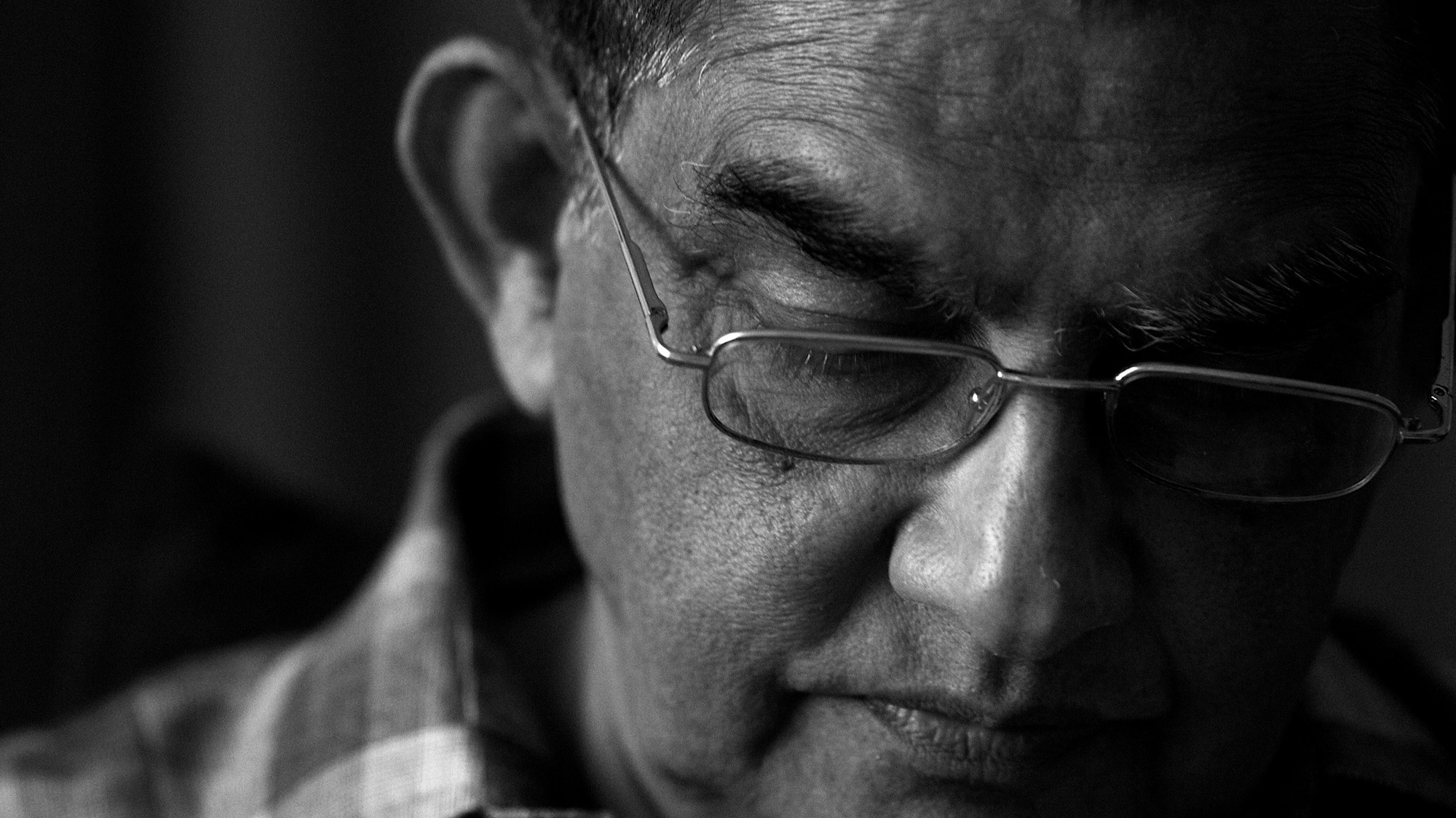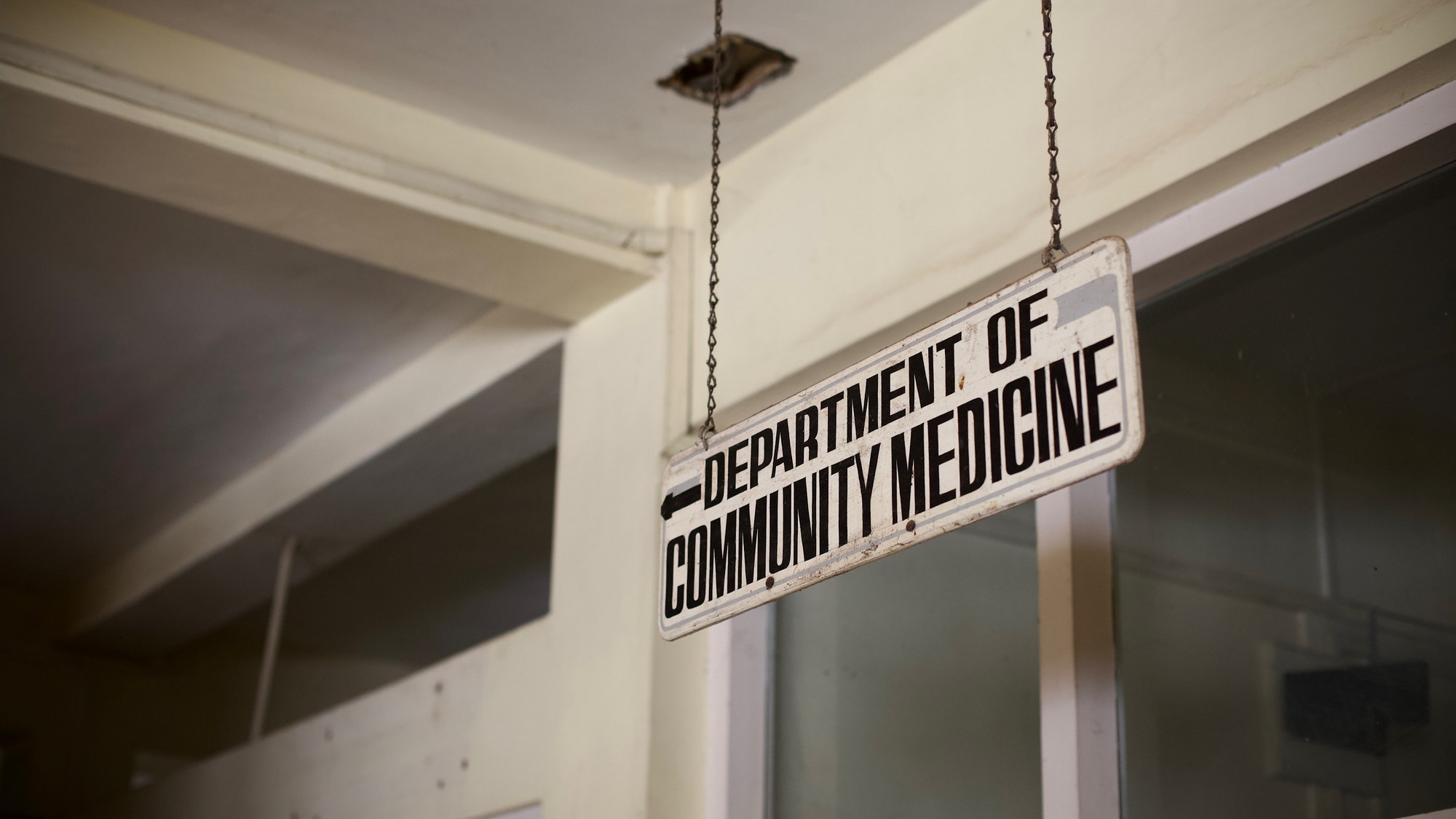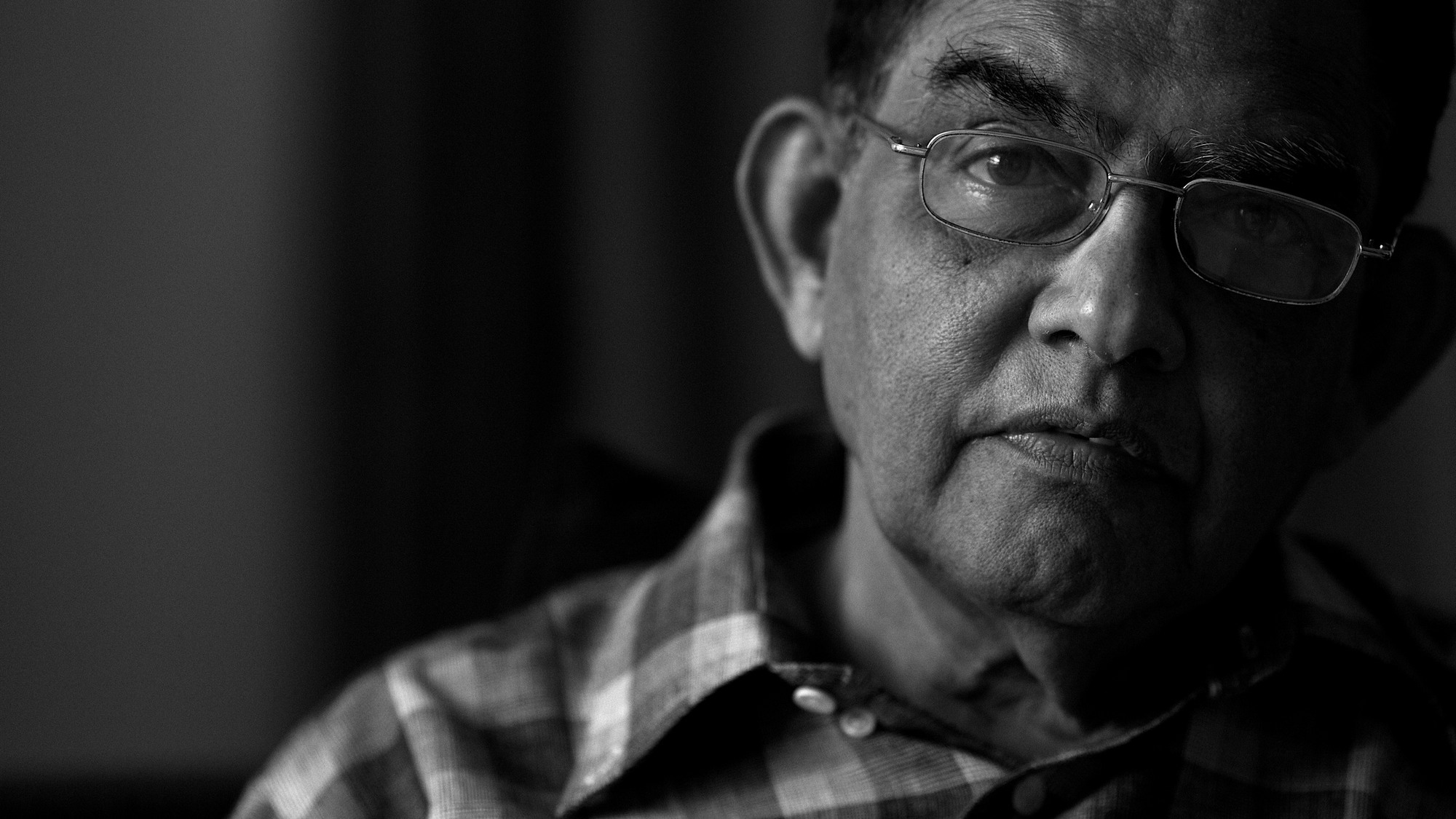The Community Doctor
Dr N. Sivarajah
Dr Sivarajah is an expert in community medicine and a lecturer at the University of Jaffna. He reflects on the last thirty years of living in Jaffna and how the challenges keep him on the peninsula.


Transcript and translations
Language
Subjects discussed
Even with the so-called terrorists, it’s possible to fight back
There was at one time my life was threatened. Because actually at that time, my daughters were sitting for the ‘A levels’. The previous year the LTTE went to the A level exam hall, and tore off all the answer scripts, and threw it away.
The following year they went and told the principals don’t send anyone for the ‘A level’ exam, mainly because there was an operation in Point Pedro and a lot of children were displaced and therefore they are unable to sit for the exams.
But then my daughters came and told me that they are not applying for the exams. I said, “No, no it can’t be” and I went to the principal of the school. She said, “The LTTE has told us not to apply so we are not sending any applications”.
Then one day while I was speaking with another professor, who was at that time talking to the principal, two fellows came with the gun. And they were the people who wanted these exams not to applied. So I had a big argument with them.
Their argument was that those people were… those children were unable to sit for the exam so as a mark of protest, we must… nobody should apply. So I told them it is true a lot of people are affected, but most of them have gone to Colombo — they were all rich people in Point Pedro and they have gone to Colombo — and they are sitting for the exams. Now only the poor children are going to get affected. Who can’t go to Colombo.
Even the children who are left over, I said we will make some arrangements with St John’s and Chundukuli to keep them in the hostels where prepare them for the exams. I said we will look after the expenses. The principal immediately said, “Yes, yes I will leave the hostel free for you all… for these children, when they come.”
Then they went off and… this went up to the higher levels. And at the higher level they probably made a decision not to interfere. This happened in the late 1980s, ‘89. And finally they didn’t do it. They never obstructed any exam after that.
So even with the so-called terrorists it’s possible to fight back. Of course there is a risk. I was a little scared, but not to the extent of running away. I told the fellows, we are… as Tamils we have been placing a lot of faith in education. If we interrupt the education, everything will collapse. And that was one turning point I think. If we had allowed that, today there won’t be the university, there won’t be anything.




Comments
Leave a comment